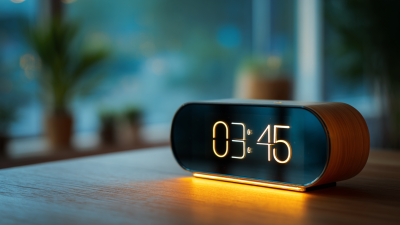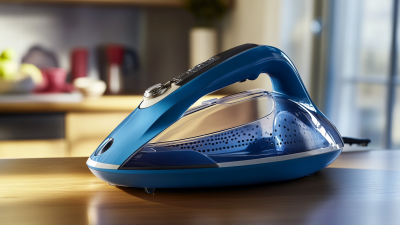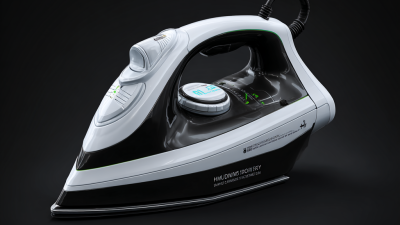In an era where smart technology and connectivity dominate our living spaces, the choice of an Electronic Clock transcends mere functionality; it reflects personal preferences and lifestyle needs. According to a recent market research report from Technavio, the global smart clock market is expected to grow by 15% annually over the next five years, driven by consumer demand for multifunctional devices. As homeowners seek to integrate design, convenience, and advanced features like voice assistants and app connectivity, understanding the various options available becomes crucial. With tech reviews highlighting factors such as accuracy, aesthetic appeal, and user-friendly interfaces, consumers are better equipped to select an Electronic Clock that not only serves its primary purpose but also enhances their home environment. This guide aims to simplify the selection process by delving into critical considerations and insights drawn from industry experts.
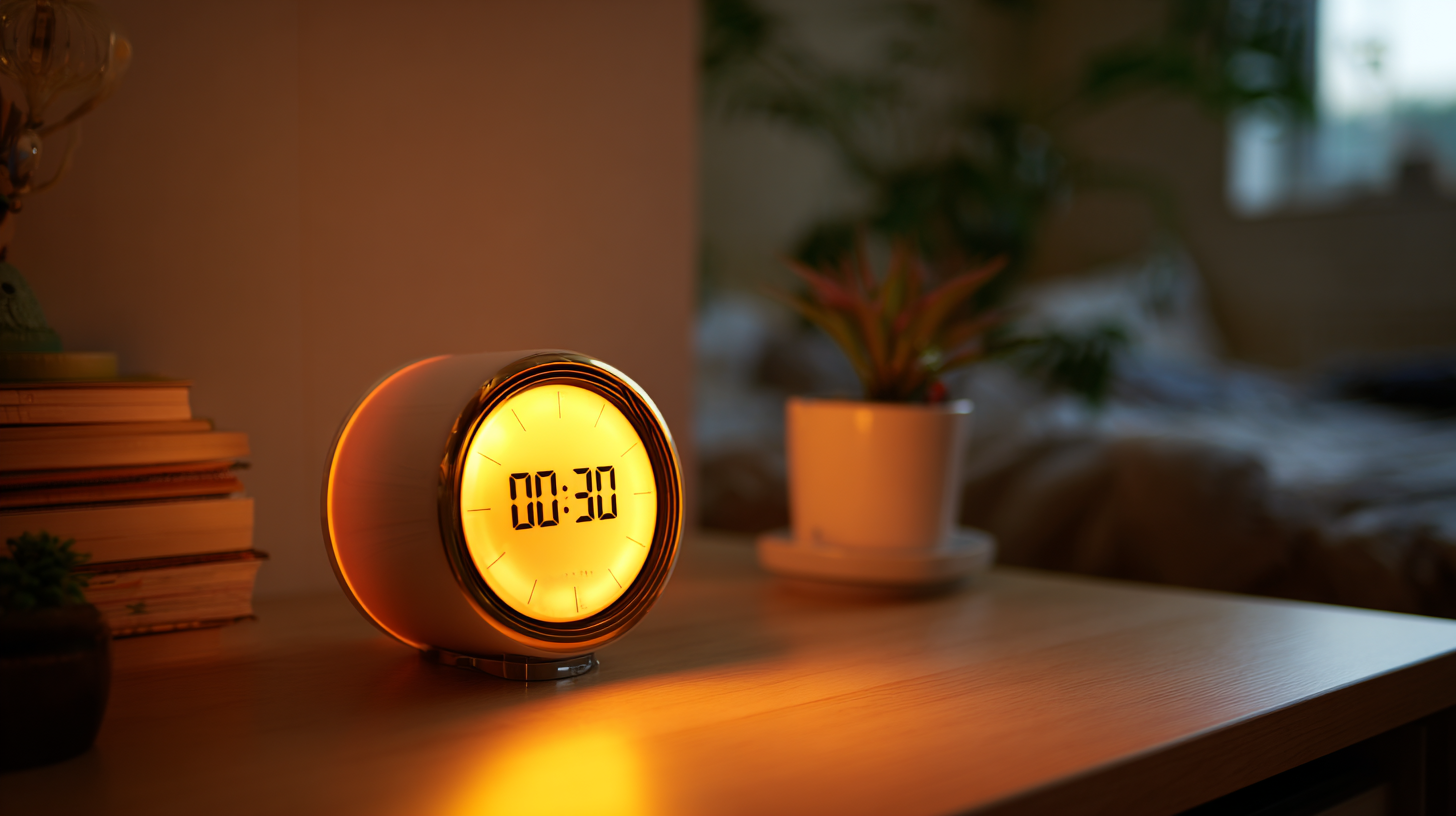
When selecting an electronic clock for your home, understanding the different types available plays a crucial role in making an informed decision. Digital clocks, often featuring LED or LCD displays, provide clear visibility and may come with additional functionalities like alarms, temperature displays, and even Bluetooth connectivity. For those who prefer a stylish touch, smart clocks might be the best choice. These devices can sync with your smartphone, allowing you to manage your schedule seamlessly and even control other smart home devices.
**Tips:** Consider your specific needs when evaluating features. If you require an alarm clock that also helps you wake up gradually, look for models with sunrise simulation. For bedrooms, choose clocks with dimmable displays to avoid harsh light during the night.
Moreover, traditional analog clocks are still popular for their aesthetic appeal and simplicity. They create a warm, classic ambiance and are often preferred in homes with vintage decor. If you're looking for functionality and style, hybrid clocks that combine digital and analog features can be a great compromise.
**Tips:** Pay attention to the size of the clock and how it fits within your space. A large, bold clock can serve as a statement piece in a living room, while a smaller model might be more appropriate for a bedside table.
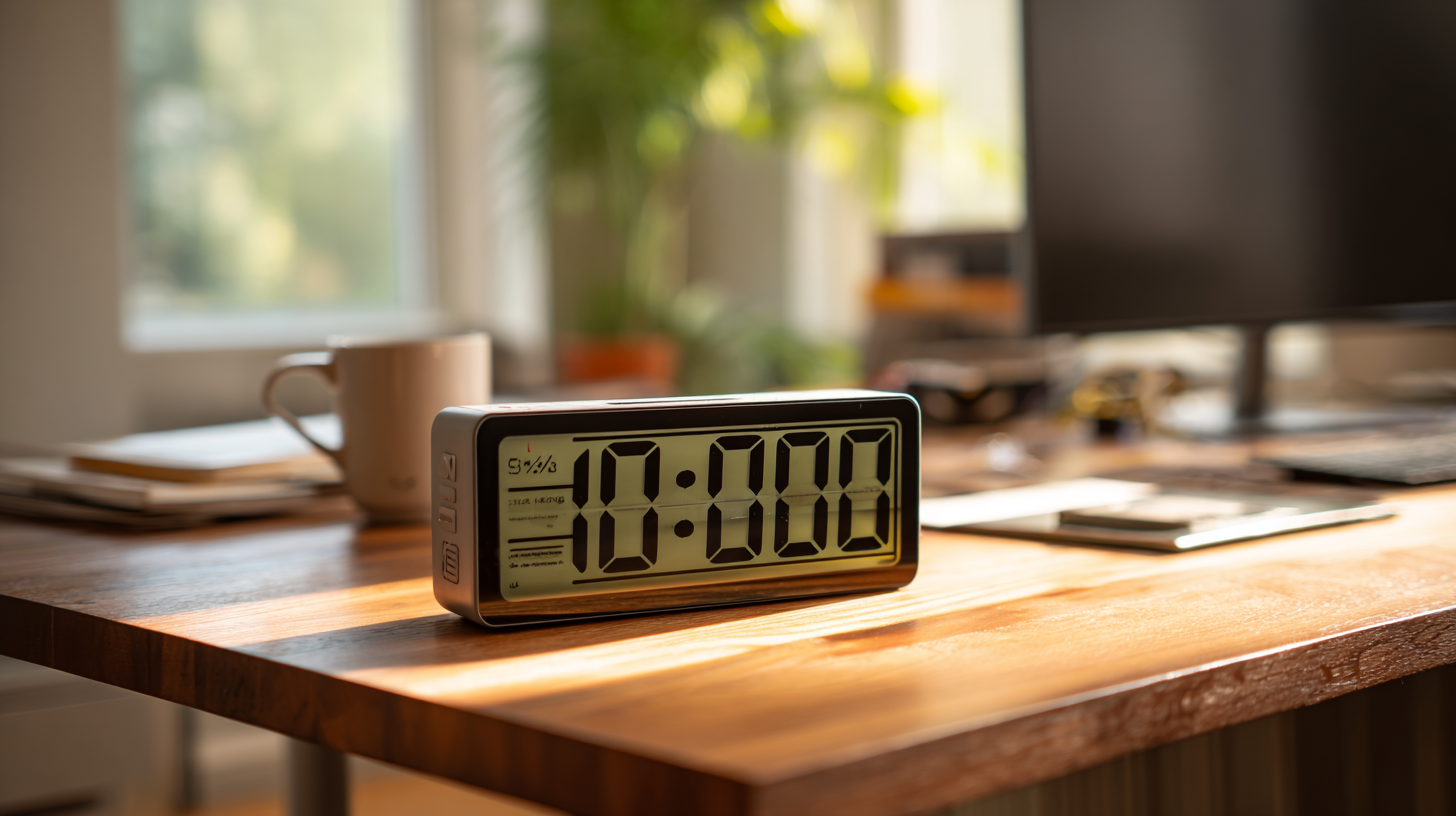
When selecting an electronic clock for your home, several key features will enhance your overall experience and functionality. One primary aspect to consider is the display type; many consumers prefer digital displays that offer not only time but also additional information such as temperature or humidity. According to a 2022 report by the Consumer Electronics Association, 72% of users indicated that a clear and bright display significantly improved their satisfaction with a clock's utility.
Another essential feature is connectivity. With the rise of smart technology, many modern electronic clocks can integrate with home automation systems. A survey conducted by Tech Insights revealed that 60% of consumers value the ability to control their clocks via smartphone apps. Additionally, alarms and snooze features have evolved, with smart alarms providing options like gradual volume increase to ensure a gentler wake-up, aligning with data from the Sleep Foundation, which states that a good waking experience can lead to a more restful day. Focusing on these features can lead to a more tailored and efficient use of electronic clocks in your home setting.
When choosing the best electronic clock for your home, examining expert tech reviews can provide invaluable insights. Industry reports highlight that the latest models incorporate features such as smart connectivity, user-friendly interfaces, and customizable settings, all of which cater to diverse consumer preferences. For instance, a review from a leading tech analysis site noted that over 85% of consumers prioritize accuracy and ease of use when selecting a clock, making these features essential for any model under consideration.
Tip: Consider your space and lifestyle when selecting a clock. For bedrooms, look for models with adjustable brightness and soothing sounds, while a multifunctional clock with alarm features can be ideal for offices or workspaces.
As technology advances, new electronic clocks now offer additional functionalities like integration with home automation systems. Experts recommend checking user reviews to evaluate performance durability. Reports indicate that devices with long battery life and warranty support enhance consumer trust, as these metrics directly correlate with user satisfaction.
Tip: Always verify the return policy and warranty options. An easily returnable product allows you to test out the clock in your home without a long-term commitment.
When it comes to selecting the best electronic clock for your home, consumer preferences play a pivotal role in the decision-making process. Buyers often prioritize features such as display type, size, and readability. For instance, many consumers favor clocks with LED displays due to their clarity and brightness, making it easy to check the time from across the room. Additionally, the size of the clock is a significant factor; larger models are preferable in spaces where visibility is crucial, such as living rooms or bedrooms.
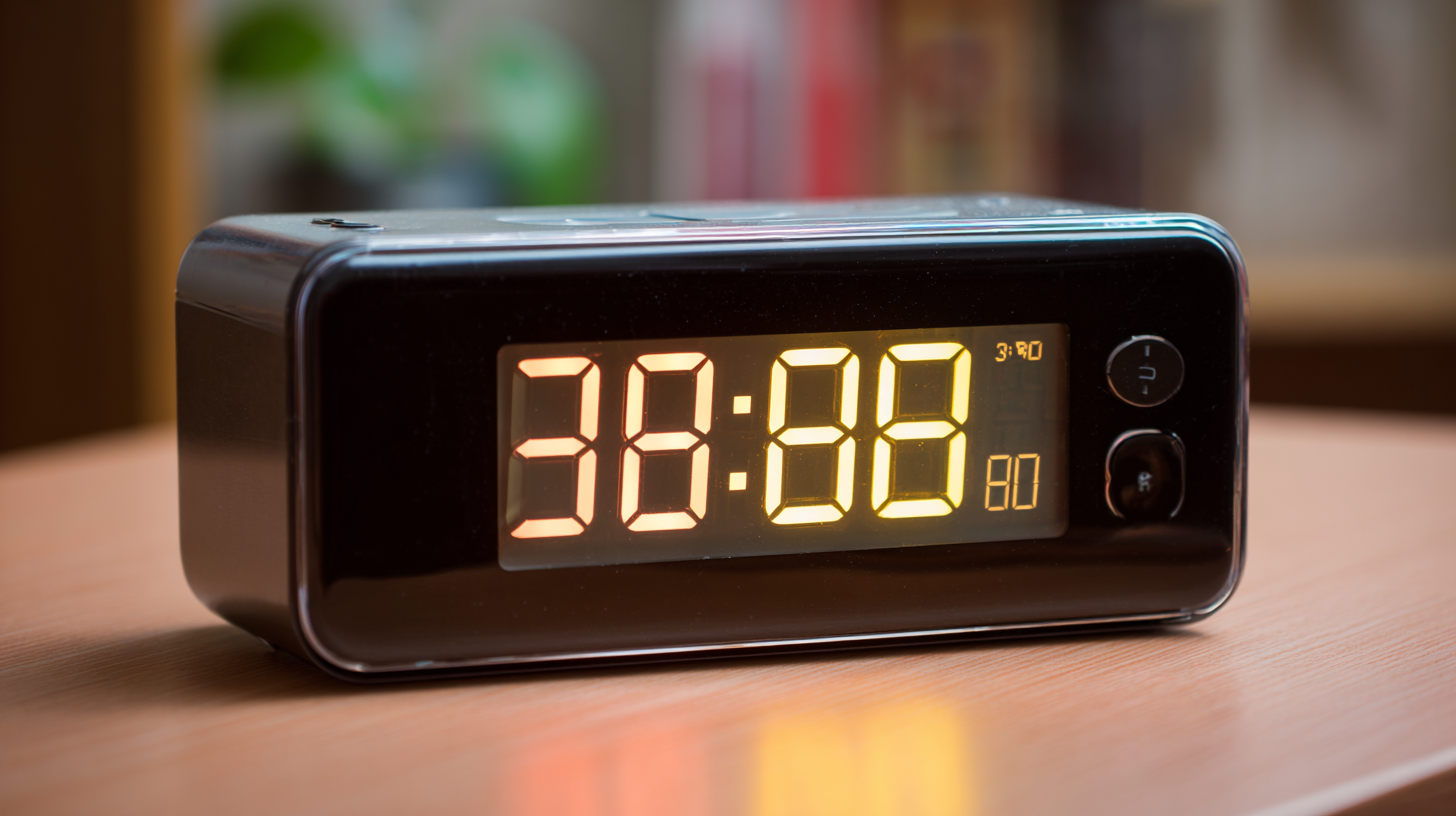
Another important aspect that influences buyer choices is the clock's functionality. Many consumers look for multi-functional clocks that can serve as alarm clocks, timers, or even Bluetooth speakers. The ease of use is equally essential—intuitive controls and straightforward settings are features that enhance the user experience. Furthermore, aesthetic appeal and design are critical, as consumers often prefer clocks that complement their home decor. By understanding these preferences, buyers can make informed decisions that align with their lifestyle and personal taste.
When selecting an electronic clock for your home, balancing price with functionality is crucial for ensuring you make a worthwhile investment. A more affordable clock may offer basic features like time display and alarms, but it may lack advanced functionalities such as Bluetooth connectivity, smart home integration, or customizable settings. Therefore, it's important to clearly define what features are essential for your lifestyle. For instance, a busy household could benefit from a clock that integrates with other smart devices, while a minimalist may prefer a simple, elegant design.
Budget constraints should not deter you from exploring options that offer great value. Often, consumer preference reviews highlight models that may be slightly higher in cost but provide superior functionality and durability. Researching user feedback can reveal which features are genuinely useful and which might not justify a higher price. Ultimately, aim for a clock that not only fits your budget but also enhances your daily routine, providing both practicality and satisfaction in its use.
| Model | Price ($) | Functionality | User Ratings (out of 5) | Best Features |
|---|---|---|---|---|
| Model A | 49.99 | Digital, Alarm, Snooze | 4.5 | LED display, Battery backup |
| Model B | 29.99 | Analog, Alarm | 4.0 | Classic design, Quiet movement |
| Model C | 89.99 | Smart, Wi-Fi, Alarm | 4.8 | Smart home integration, Customizable settings |
| Model D | 19.99 | Digital, Basic | 3.5 | Compact size, Easy to use |
| Model E | 59.99 | Digital, Projection, Alarm | 4.6 | Project time on ceiling, FM radio |
